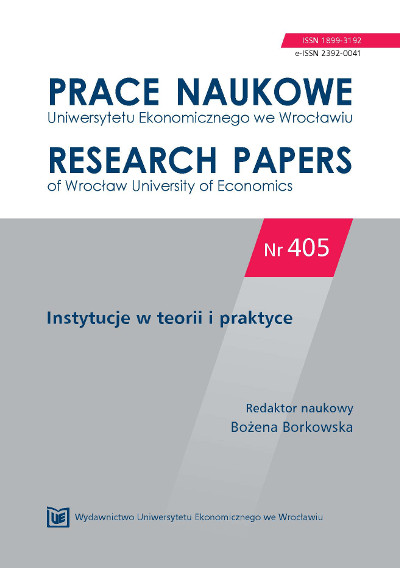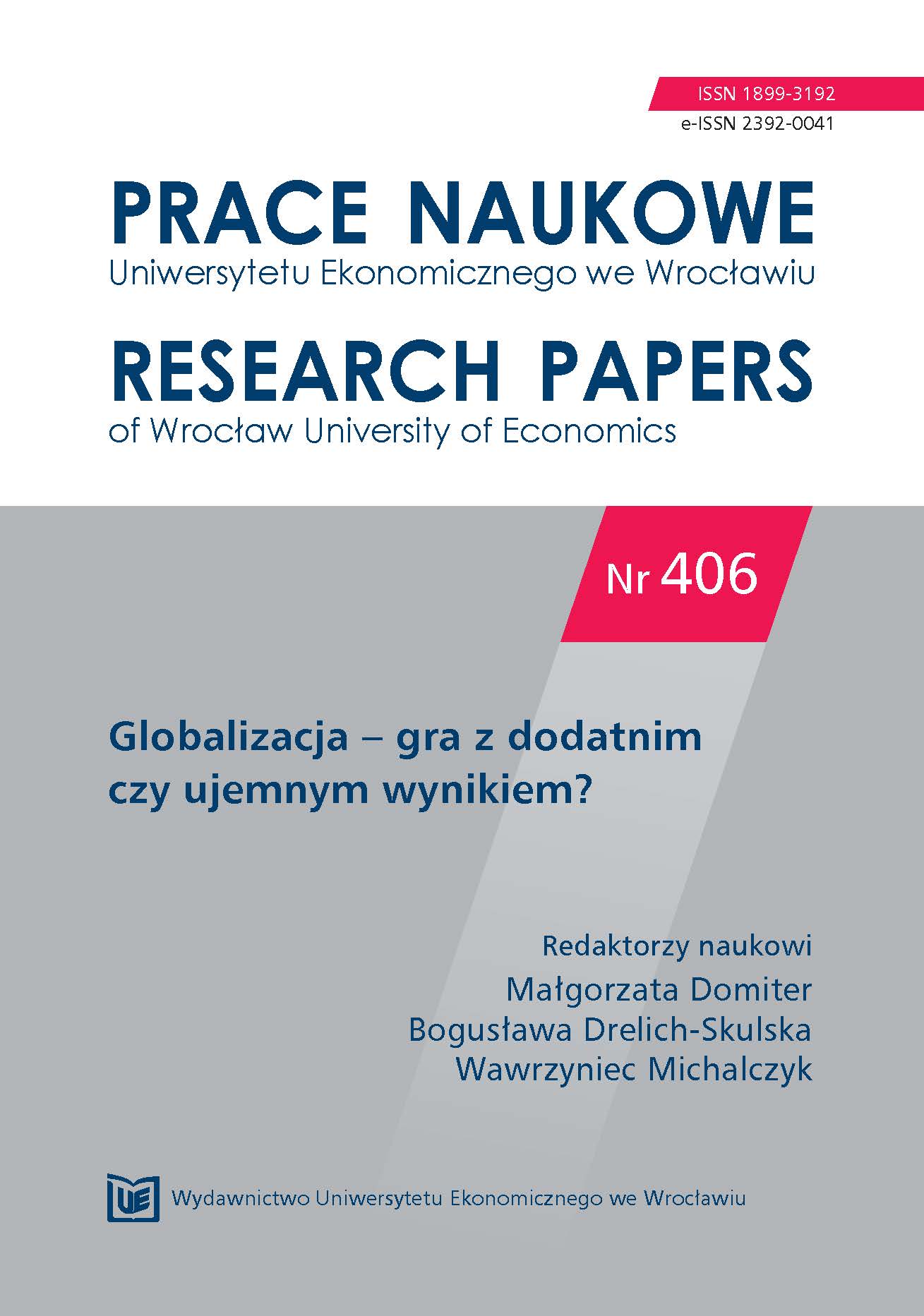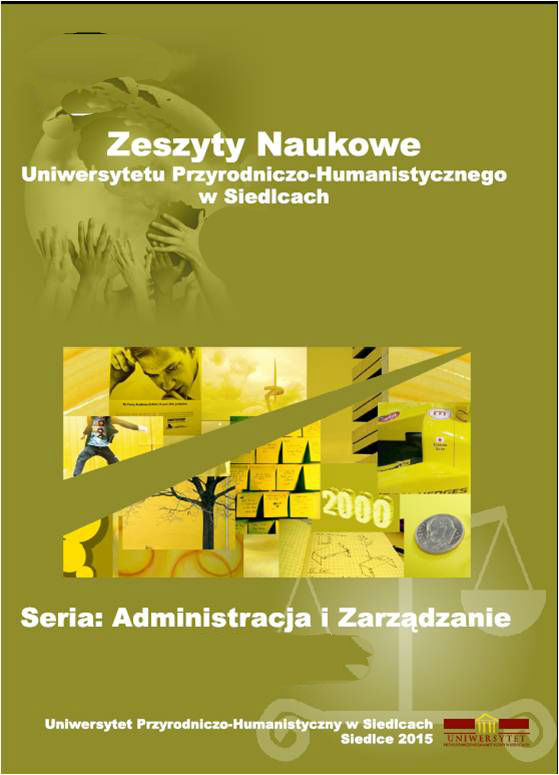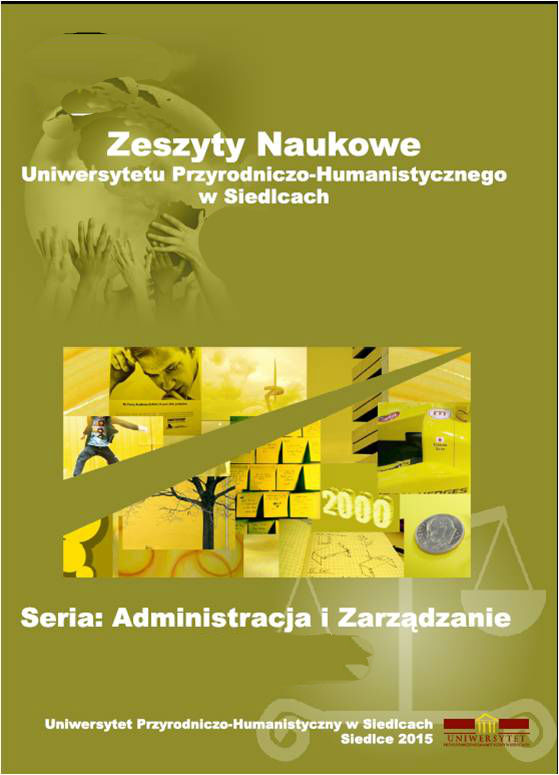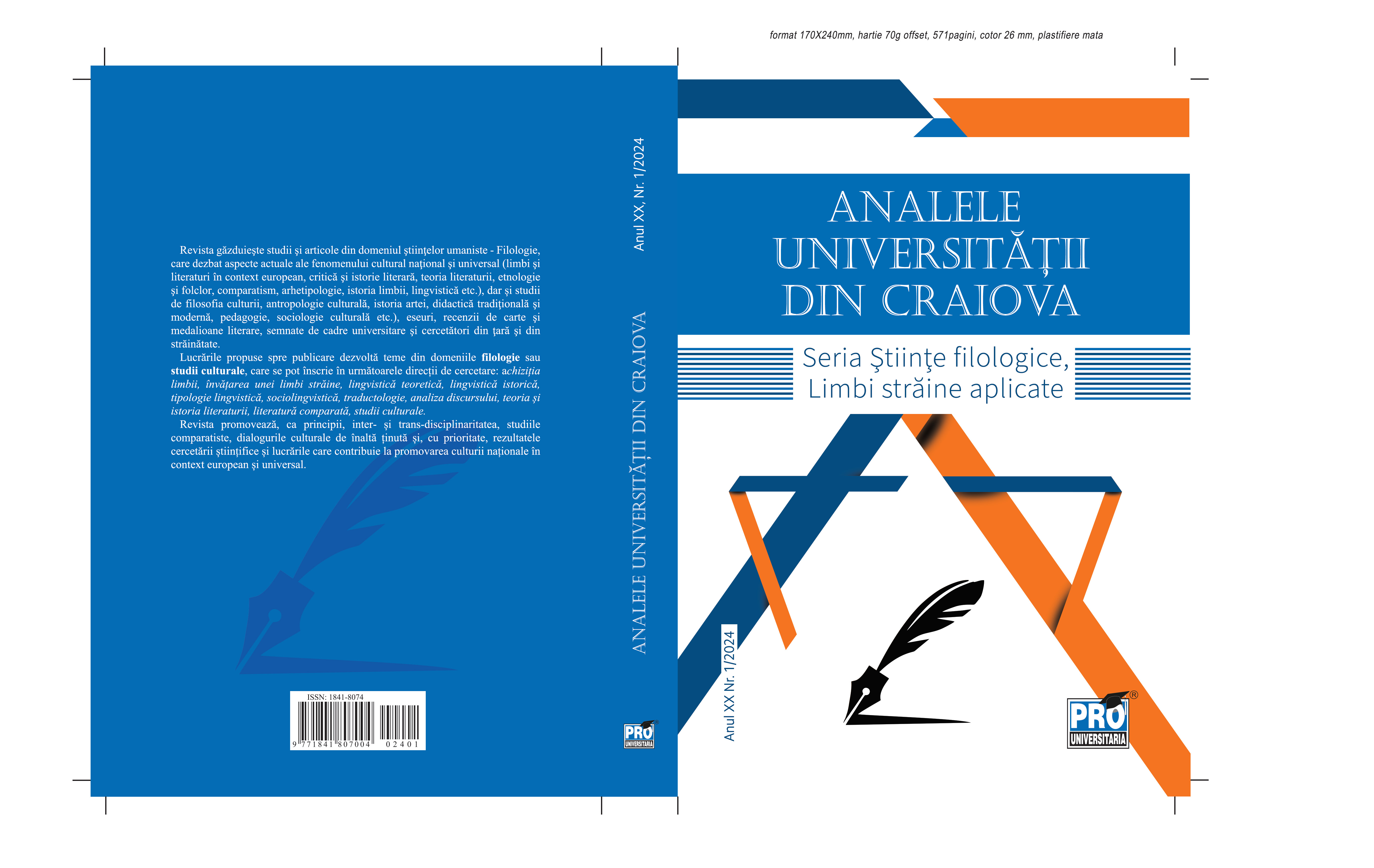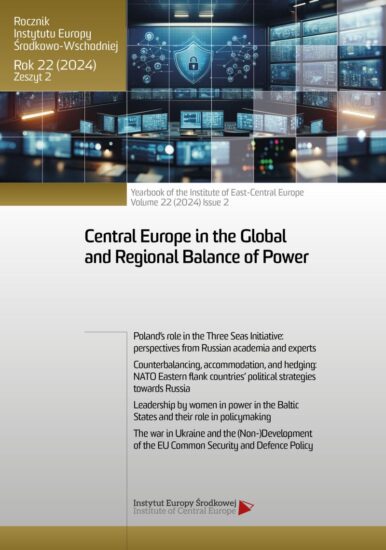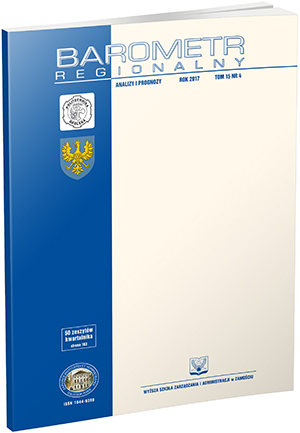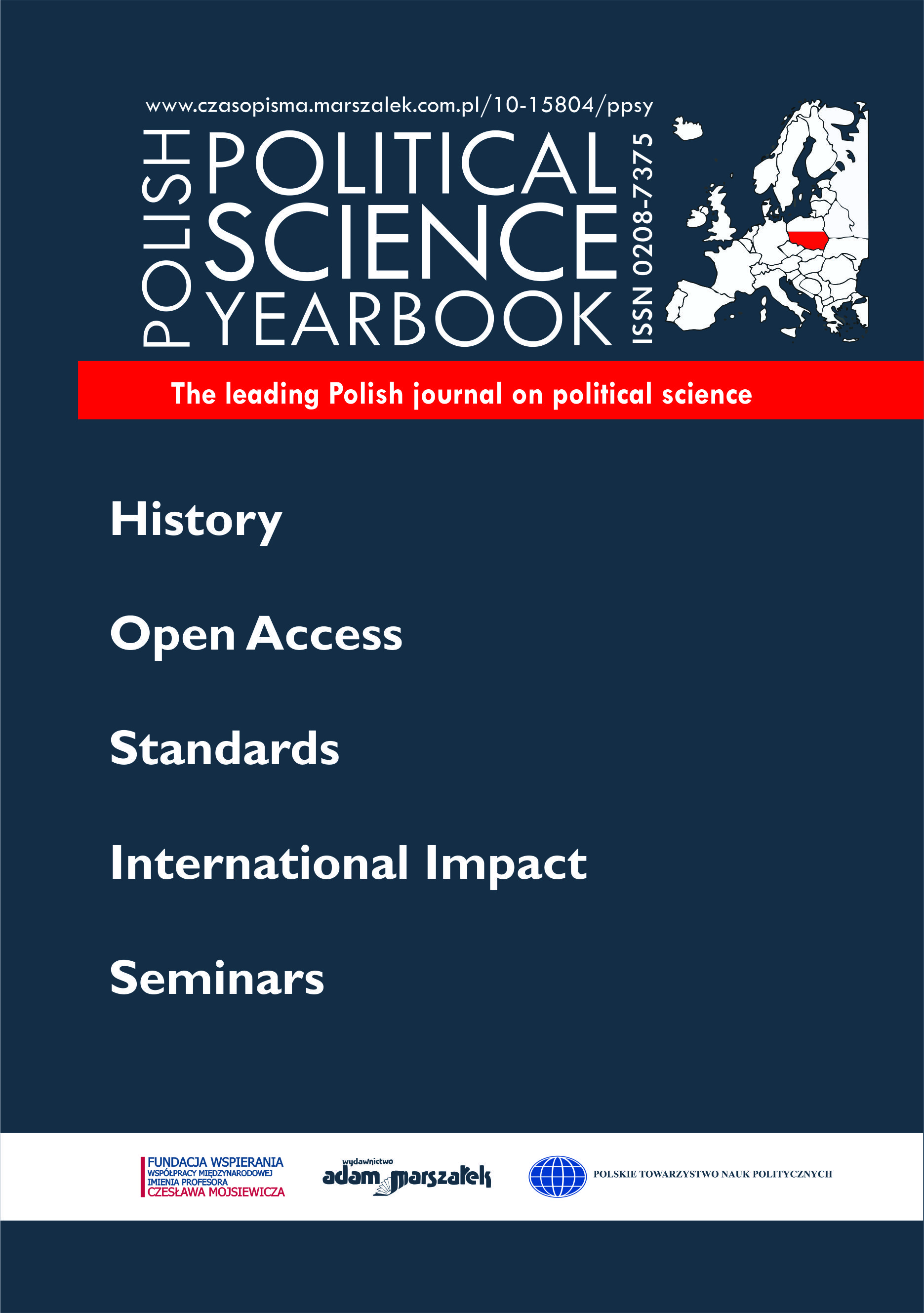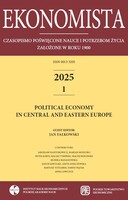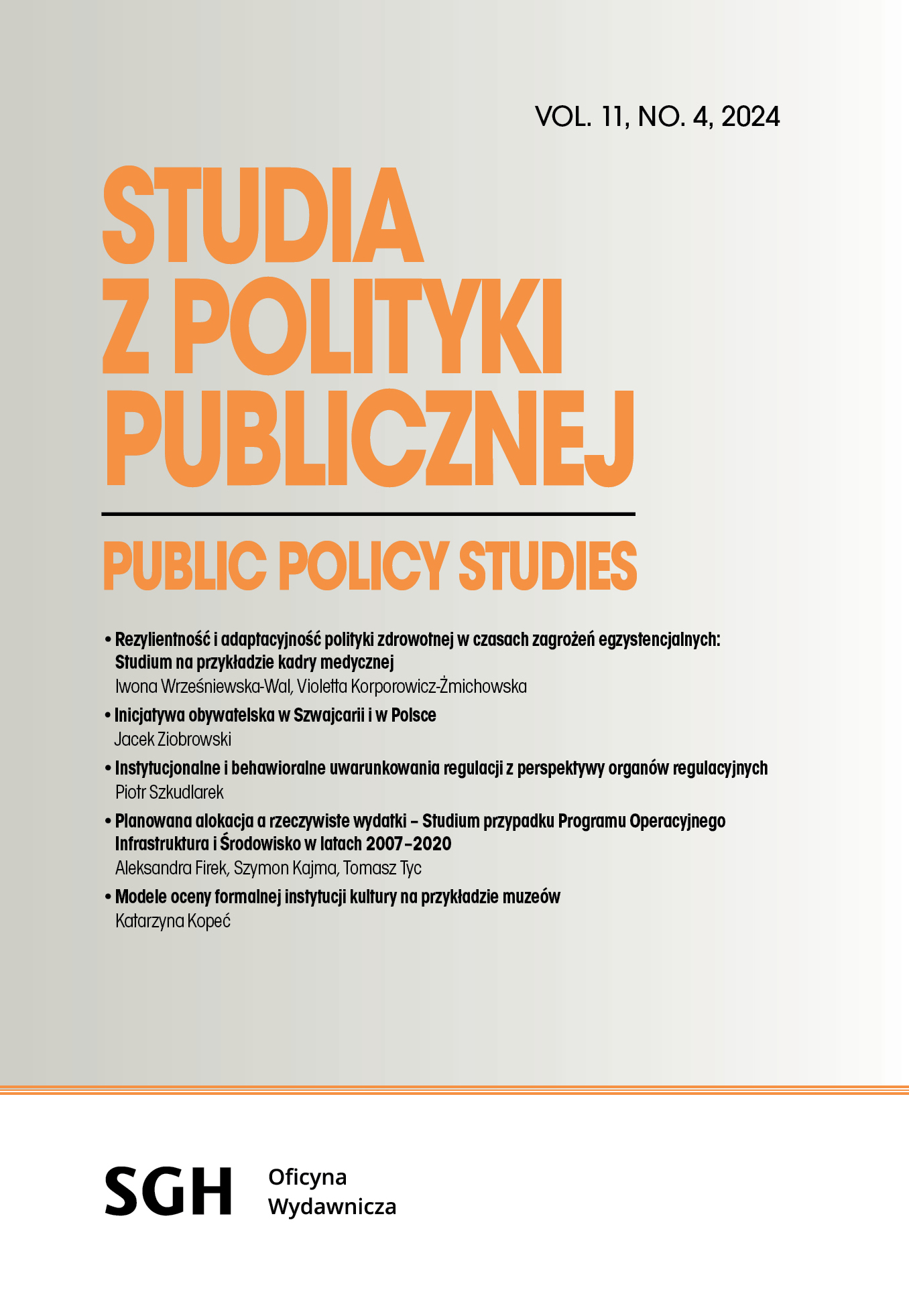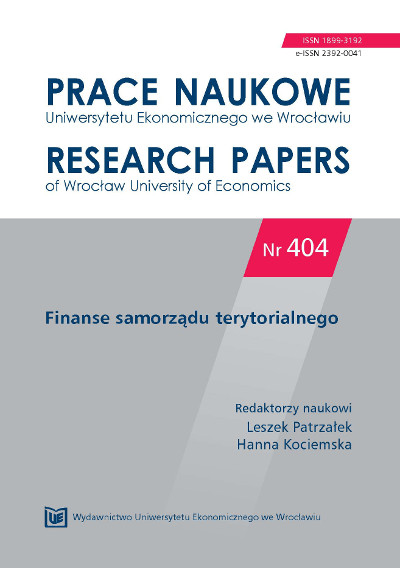
Partnerstwo publiczno-prywatne w sektorze dróg – ocena dotychczasowych doświadczeń i możliwości implementacji przez samorząd terytorialny
The aim of the study is to diagnose the determinants and barriers to the implementation of PPP projects involving the construction and operation of roads in Poland, as well as the evaluation of past experience and perspectives of using by the local government and private sector PPP formula on a wider scale in this area in the future. The article is based on a case study of already undertaken projects, with taking into account legal regulations, the state of infrastructure and the financial condition of local government units. The conducted analyses lead to the conclusion that in the coming years we can expect the use of a public-private partnership not only in road investments, but also in tasks related to the management and operation of local and regional roads in Poland.
More...
